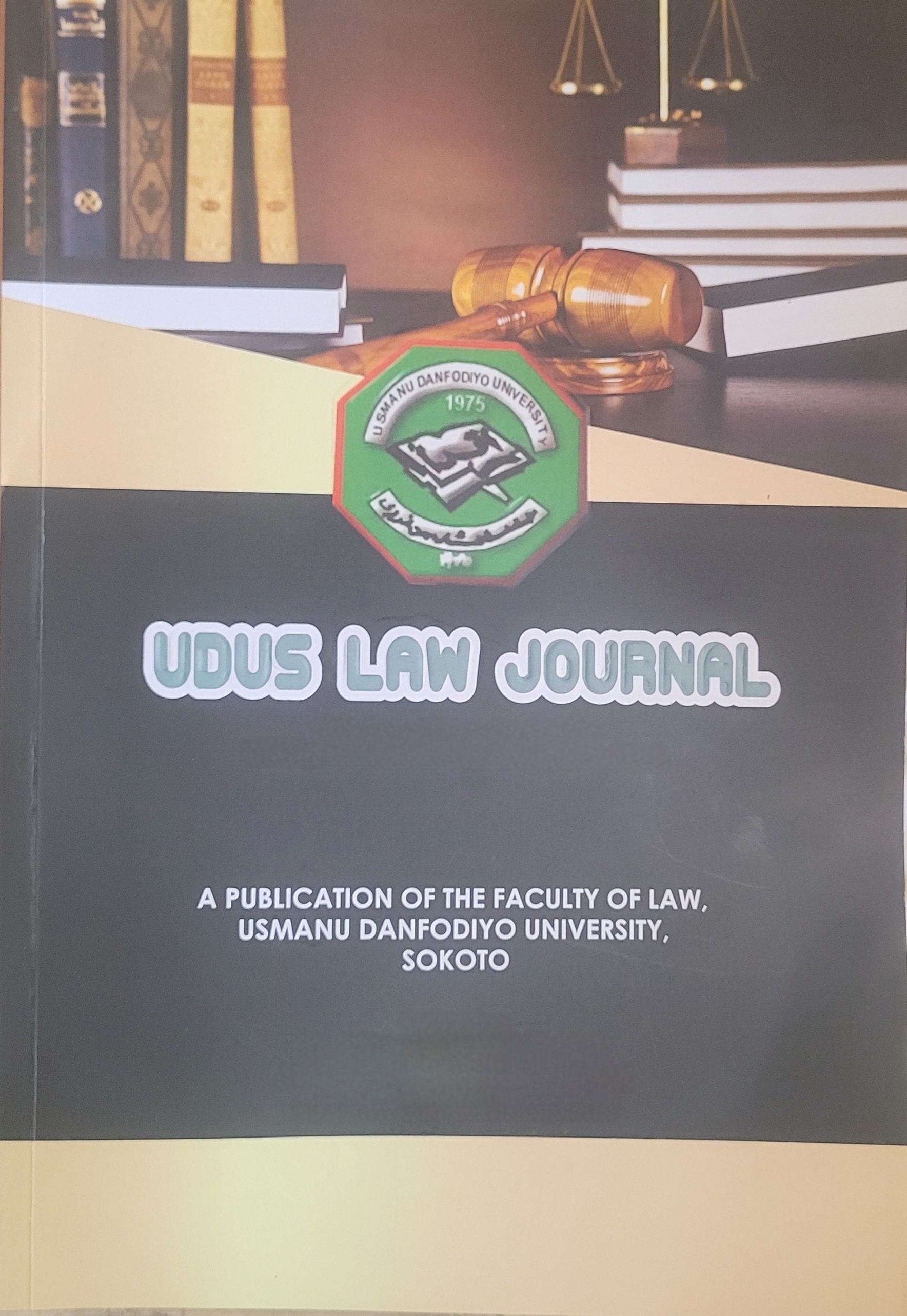Abstract
Most times, loans for businesses are supported by personal guarantees from the directors, deposit of bank cheques, which are poor substitutes for security over tangible assets. Although, real estate is the biggest asset market in the world today, as much as $40 trillion worth of stocks are currently traded annually in the US alone. Currently, the value of residential property in the US is about $34 trillion which rivals the market capitalization of all listed US companies. Ironically, many companies are private companies who rely on informal funding like cooperative savings, family funding, post-dated cheques and share capital for their operations. Usually, such small companies also use invoice factoring and discounting to realise sums due to them by users of their goods or services. Micro-economic headwinds, capacity constraints and low financial literacy levels nevertheless constrain companies. The growing incompatibility between productive capitalism and destructive economic management expresses itself more in bitter contradictions of unsustainable business models leading to bankruptcies and liquidations. The options open to corporations when faced with constrictions have been interrogated. Finally, Micro, Small and Medium Enterprises (MSMEs) are particularly advised on the variable consequences of funding and the multifarious consequences and limitations of each financing model.



 National Library of Nigeria
National Library of Nigeria.jpg) Association of Nigerian Authors
Association of Nigerian Authors Nigerian Library Association
Nigerian Library Association EagleScan
EagleScan Crossref
Crossref